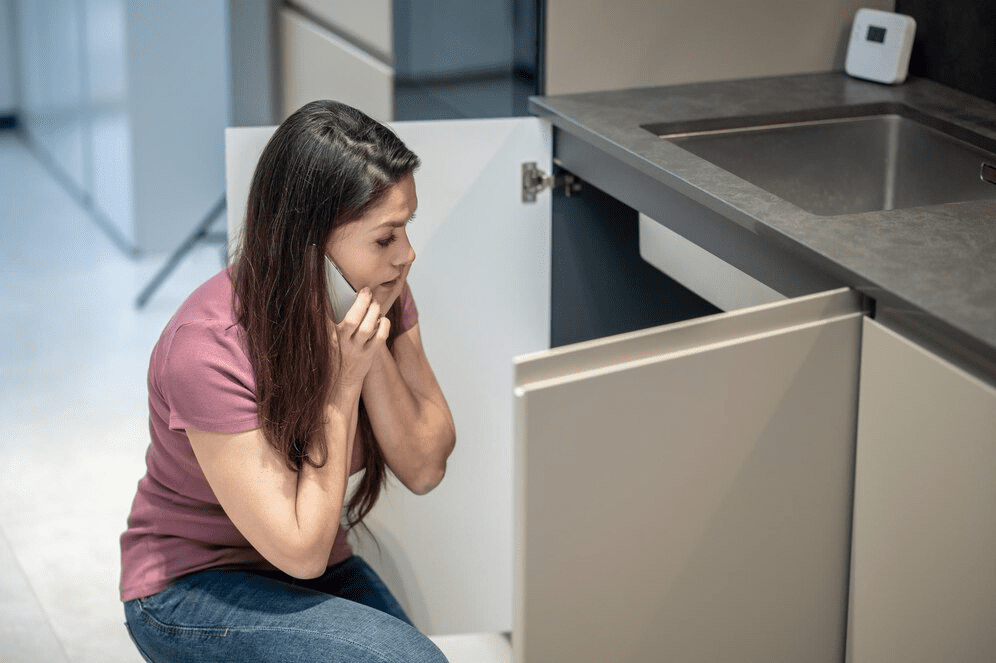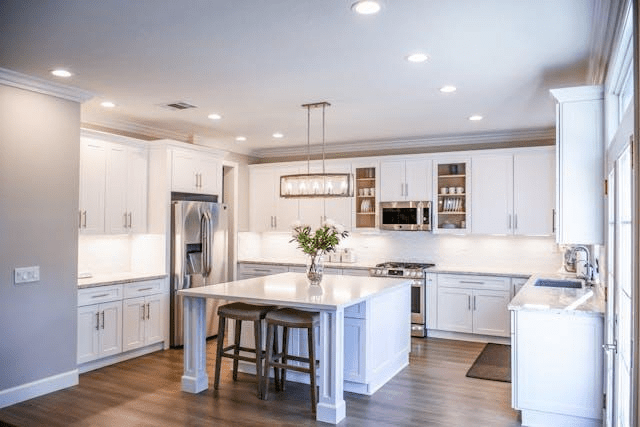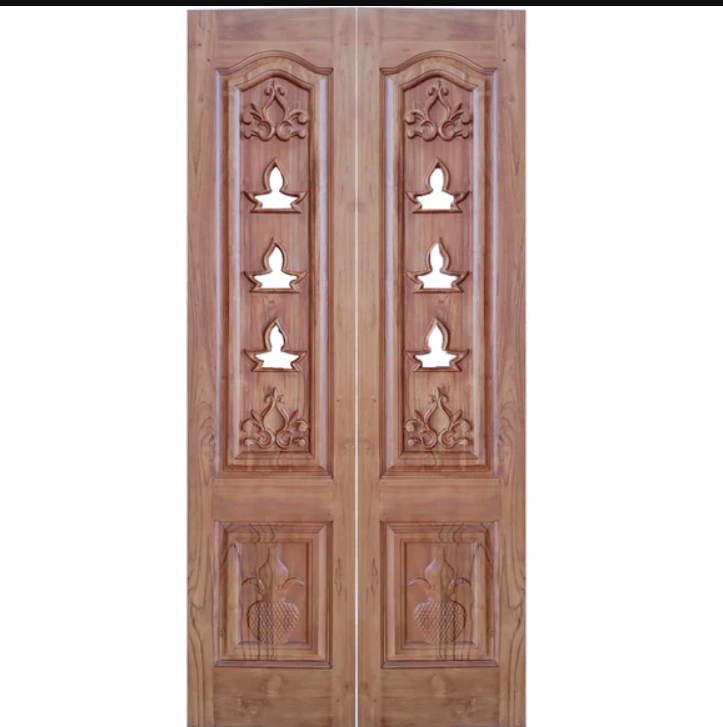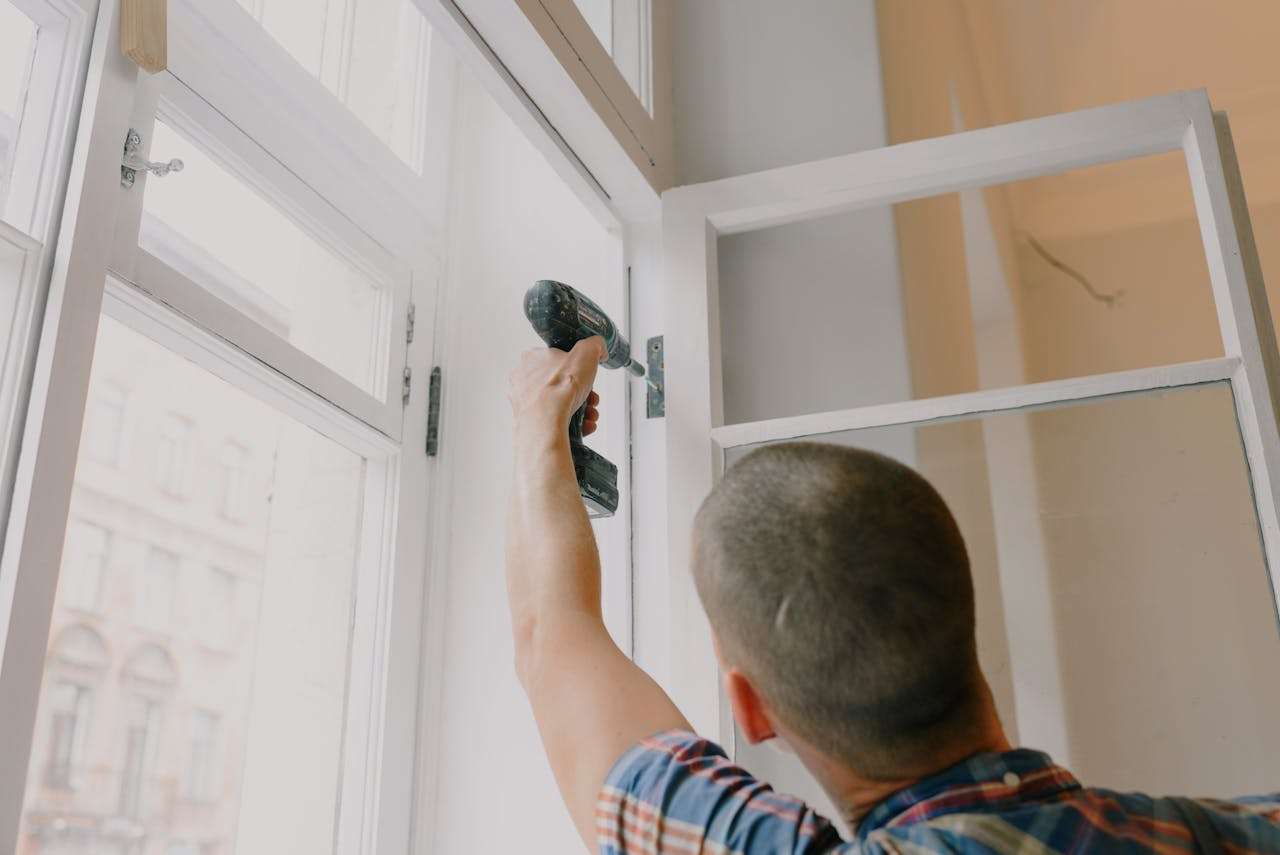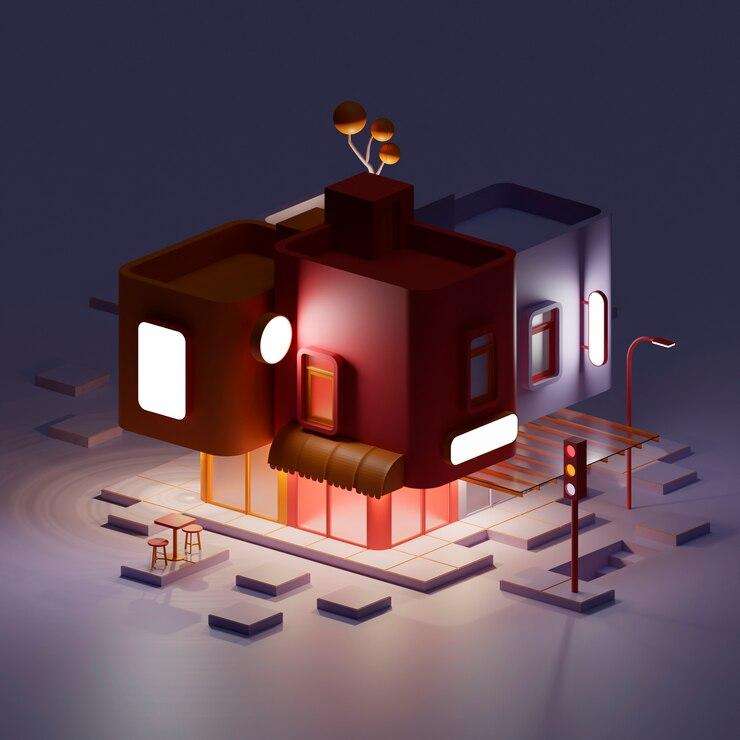Plumbing problems can range from minor inconveniences to major disasters, but the good news is that most plumbing issues can be avoided with regular maintenance. To help you keep your home’s plumbing system running smoothly and efficiently, here are seven of the most common plumbing problems and how to avoid them. From clogged drains to leaky pipes, understanding these common issues will enable you to take preventive action and save yourself time, money, and stress in the long run.
1. Clogged Drains:
Clogged drains happen when hair and other debris build up in the pipes, causing a blockage. To avoid clogs, keep all drains covered with drain strainers and use liquid or powdered drain cleaners sparingly. You should also be mindful of what you put down your kitchen sink or bathtub; never pour cooking grease or coffee grounds down the drain.
2. Leaky Pipes:
Leaky pipes are often caused by corrosion or wear-and-tear and can lead to a buildup of water in your walls or basement, resulting in mold and mildew growth. To prevent leaks from happening, have a professional inspect your plumbing system at least once a year and check for any signs of wear-and-tear. Additionally, make sure to replace older pipes or fittings that may be worn out or corroded.
3. Low Water Pressure:
Low water pressure can be caused by everything from clogged pipes to a malfunctioning water heater. To avoid this issue, have a professional inspect your plumbing system to identify the cause of the low pressure. Additionally, make sure to regularly inspect and maintain your water heater to ensure optimal performance.
4. Frozen Pipes:
Freezing temperatures can cause pipes to freeze and burst, leading to a costly and time-consuming repair. To prevent this issue from occurring, keep your home’s temperature at a comfortable level and make sure that your pipes are insulated. Additionally, be mindful of what you flush down the toilet; never pour fats, oils, or solvents down the drain as these substances can solidify and cause your pipes to freeze.
5. Leaky Faucets:
A leaky faucet is often caused by a worn-out washer or gasket, and can result in hundreds of gallons of wasted water every year. To avoid this issue, make sure to inspect your faucets regularly for any signs of wear-and-tear. If you notice that your faucet is leaking, have it repaired as soon as possible.
6. Sewer Line Clogs:
Clogs in the sewer line can be caused by everything from tree roots to foreign objects being flushed down the toilet. To prevent this issue, avoid flushing items such as diapers, feminine hygiene products, and paper towels down your toilet and make sure that only biodegradable materials are put into your garbage disposal.
7. Water Heater Issues:
Water heater issues can range from inefficient water flow to a lack of hot water altogether. To prevent these problems, have your water heater inspected at least once a year and make sure to flush it out every three months to remove any sediment that has accumulated in the tank. Additionally, make sure your water heater’s thermostat is set to the correct temperature to avoid scalding or freezing.
Hiring a professional plumber is often the best solution to ensure your plumbing system runs smoothly and efficiently. Professional plumbers are skilled in plumbing repairs and maintenance, as well as diagnosing and addressing common plumbing issues. It’s important to note that attempting to repair complex plumbing problems on your own can cause more damage than benefit; hiring a professional will ensure that your plumbing repairs are done safely and correctly.
It is important to know about the most common plumbing problems so you can take preventive action to keep your home’s plumbing system running smoothly and efficiently. With the right maintenance and care, you can ensure that your home’s plumbing system stays in tip-top shape!






